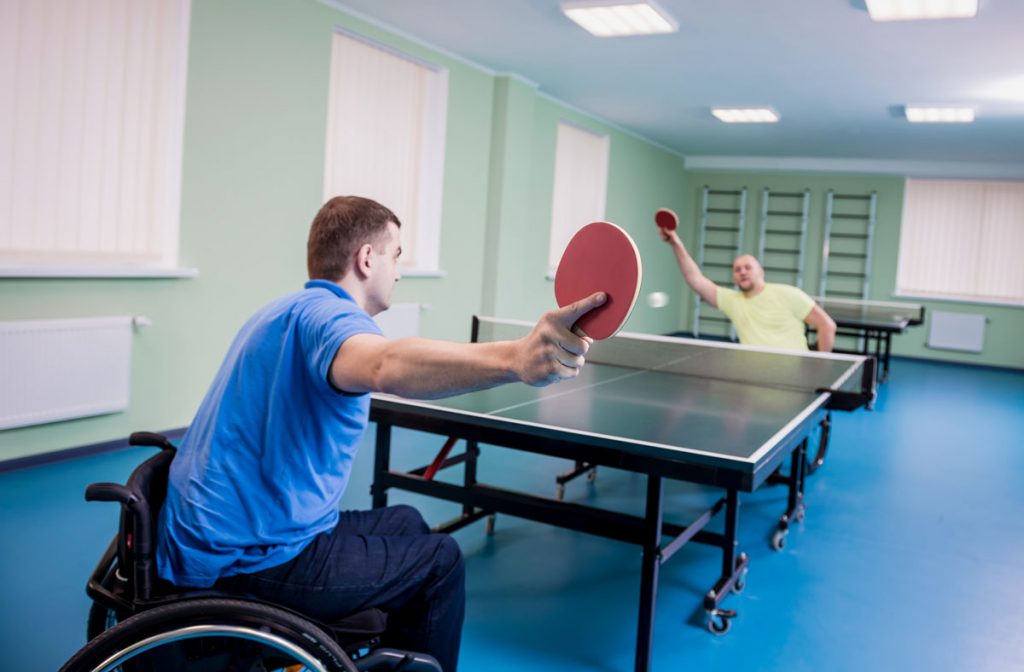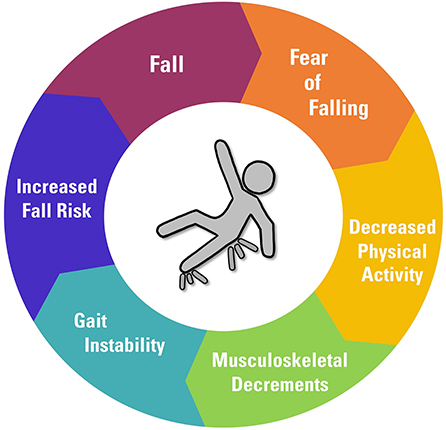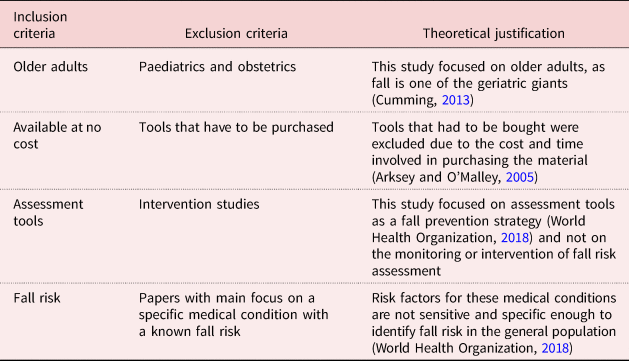The 6-Minute Rule for Dementia Fall Risk
The 6-Minute Rule for Dementia Fall Risk
Blog Article
Some Known Details About Dementia Fall Risk
Table of ContentsDementia Fall Risk for DummiesWhat Does Dementia Fall Risk Mean?Dementia Fall Risk for BeginnersWhat Does Dementia Fall Risk Do?Top Guidelines Of Dementia Fall Risk
Make sure that there is a marked location in your clinical charting system where personnel can document/reference scores and document pertinent notes associated to drop prevention. The Johns Hopkins Autumn Threat Assessment Device is one of numerous tools your team can use to assist protect against damaging clinical events.Person falls in medical facilities prevail and incapacitating unfavorable occasions that continue in spite of decades of initiative to lessen them. Improving communication across the evaluating registered nurse, care team, individual, and individual's most involved family and friends might strengthen autumn prevention initiatives. A team at Brigham and Women's Healthcare facility in Boston, Massachusetts, looked for to establish a standardized loss avoidance program that focused around improved communication and patient and household interaction.

The advancement group emphasized that successful application depends on person and team buy-in, assimilation of the program into existing process, and fidelity to program procedures. The group noted that they are grappling with just how to make sure continuity in program implementation throughout durations of crisis. Throughout the COVID-19 pandemic, for example, a boost in inpatient drops was associated with limitations in individual interaction in addition to restrictions on visitation.
The Main Principles Of Dementia Fall Risk
These occurrences are normally taken into consideration preventable. To execute the treatment, companies require the following: Access to Fall TIPS sources Autumn suggestions training and retraining for nursing and non-nursing team, consisting of brand-new nurses Nursing operations that enable individual and family members interaction to perform the drops evaluation, make sure use the avoidance strategy, and conduct patient-level audits.
The results can be highly harmful, often increasing patient decline and causing longer healthcare facility remains. One study estimated remains raised an extra 12 in-patient days after a person autumn. The Autumn TIPS Program is based upon interesting individuals and their family/loved ones across 3 primary processes: evaluation, customized preventative interventions, and auditing to make sure that clients are taken part in the three-step autumn avoidance process.
The patient evaluation is based on the Morse Fall Scale, which is a confirmed autumn threat assessment device for in-patient hospital settings. The range includes the 6 most common factors individuals in hospitals fall: the patient loss background, high-risk conditions (including polypharmacy), usage of IVs and various other exterior gadgets, psychological condition, stride, and wheelchair.
Each risk element relate to several actionable evidence-based treatments. The registered nurse develops a plan that integrates the interventions and is visible to the Go Here treatment group, individual, and family members on a laminated poster or published visual aid. Registered nurses create the strategy while meeting with the patient and the person's household.
About Dementia Fall Risk
The poster offers as an interaction device with various other members of the client's care team. Dementia Fall Risk. The audit part of the program includes assessing the person's understanding of their risk elements and avoidance plan at the device and medical facility degrees. Nurse champions conduct at the very least five specific interviews a month with patients and their family members to check for understanding of the loss prevention plan

A projected 30% of these falls outcome in injuries, which can vary in extent. Unlike other negative events that need a standard professional action, fall avoidance depends highly on the needs of site link the individual.
The Facts About Dementia Fall Risk Uncovered

Based on auditing results, one site had 86% conformity and 2 websites had more than 95% conformity. A cost-benefit evaluation of the Loss TIPS program in eight health centers approximated that the program price $0.88 per person to apply and caused cost savings of $8,500 Check This Out per 1000 patient-days in direct expenses associated with the avoidance of 567 falls over three years and 8 months.
According to the advancement team, companies curious about executing the program must perform a preparedness assessment and drops prevention gaps analysis. 8 Furthermore, companies should make sure the essential facilities and process for execution and develop an execution plan. If one exists, the company's Loss Avoidance Task Pressure must be involved in preparation.
6 Easy Facts About Dementia Fall Risk Explained
To start, organizations ought to guarantee conclusion of training modules by nurses and nursing aides - Dementia Fall Risk. Hospital staff ought to examine, based on the demands of a hospital, whether to utilize a digital wellness document hard copy or paper version of the autumn prevention plan. Applying teams must recruit and train nurse champions and establish procedures for auditing and coverage on fall data
Team require to be associated with the procedure of redesigning the workflow to engage patients and household in the assessment and prevention plan process. Solution ought to be in place so that units can recognize why a fall took place and remediate the reason. Extra especially, nurses need to have networks to supply recurring comments to both staff and unit leadership so they can change and improve fall avoidance operations and communicate systemic issues.
Report this page